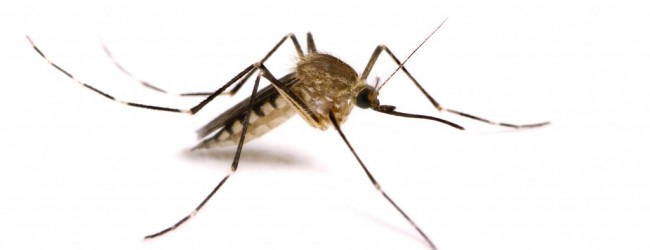
A host of enzymes essential for the survival of the malaria parasite and its reproduction suggest the potential of new drugs to stop transmission of the deadly disease.
By Biplab Das
An international research team has identified a host of enzymes that play vital roles in malaria parasite development inside mosquitoes.
The researchers claim that the enzymes they pinned down, known as protein phosphatases, could act as potential targets for developing new drugs and vaccines against the parasite’s growth in mosquitoes, limiting transmission to humans1.
Malaria infects millions of people every year and is a leading cause of death in many developing countries. The parasite grows and reproduces inside the mosquito’s gut, before migrating to its salivary gland. An infected mosquito’s bite transmits the parasites to humans, where they multiply in the liver then invade red blood cells.
Through genome-wide functional analyses, the researchers revealed that Plasmodium berghei, which causes malaria in mice, employs 30 protein phosphatase enzymes to grow and develop in the host body.
To pinpoint the exact roles of protein phosphatase enzymes, the researchers created mutant mice-specific malaria parasites by deleting genes that encode protein phosphatases. Out of 30 protein phosphatase genes, 16 were found to be essential for the parasite’s survival.
“Nearly half of the 30 protein phosphatase genes are crucial for survival of the malaria parasites and hence, in theory, could be evaluated for their suitability as bona-fide drug targets for developing phosphatase inhibitors as new drugs,” adds Arnab Pain from King Abdullah University of Science and Technology (KAUST), Saudi Arabia, who collaborated on the research.
When the researchers infected Anopheles stephensi mosquitoes with the mutant parasites, they found that the deletion of six genes significantly disrupted the normal sexual development of the malaria parasite, which could be further targets to stop parasite transmission, suggests lead researcher Rita Tewari from the University of Nottingham, UK.
The scientists say that the findings may be extended to malaria parasites that infect humans, as many of the genes share a similar homology.
This could help develop drugs that disrupt the parasite’s sexual development in the mosquito gut, thus preventing transmission to humans, says Scott Nelson from Iowa State University, USA, who is not involved with the research. As deletion of nearly half the protein phosphatase genes has no effect, they can be eliminated from consideration as potential therapeutic targets, thereby speeding up the drug discovery as having specific targets to work with.
“The protein phosphatases are currently under investigation as therapeutic targets in a number of human diseases, including cancer, and a similar strategy can be applied to malaria,” says David Guttery, now at University of Leicester, UK, and first author of the study.
Source: Nature Middle East
You must be logged in to post a comment.